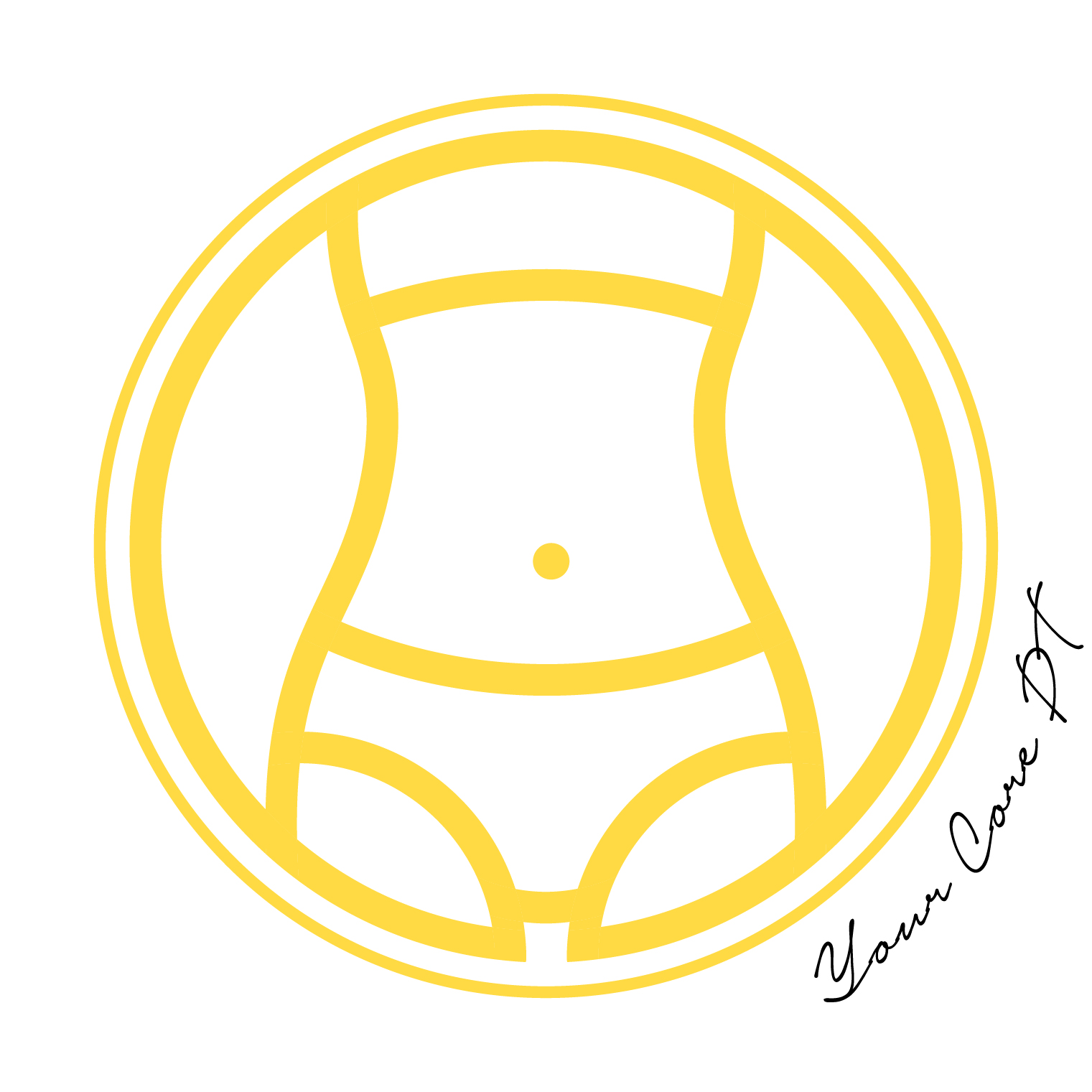PEEING ‘JUST IN CASE’? BE LIKE AN OPERATOR…HOLD PLEASE!
The ‘just in case’ maneuver is a precautionary pee tactic; you empty the bladder when there is little to no sensation of filling. Usually it's habitual; before you leave the house, eat or go to sleep (i.e. "well, I did just go before getting INTO bed, but I just read for 30 minutes sooo I better go again…")
The rationale here is if I empty by bladder now I will be more likely to enjoy the activity I am about to do without interruption OR increase my chances of comfortably finding a toilet in the future. We all do it…and it’s okay…until it isn’t! Eventually, you may notice yourself peeing more often or feel a sudden urge to go when you only ‘just went 20 minutes ago.’ You may think, 'but I have a small bladder!’ Small bladder syndrome (in the absence of bladder disease) is a myth; more likely you have a sensitive bladder and your bladder has you trained!
THE SMALL BLADDER MYTH
Having a ‘small bladder’ would explain why you can’t go longer than an hour without urinating, but the bladder is a muscle and, if healthy, has an incredible ability to expand and accommodate urine…you likely don’t have a SMALL bladder…just a SENSITIVE one!
The bladder deflates after you urinate; a normal post-void urine volume would be around 50 mLs, but a full bladder will expel about 400-600 mLs…that’s 8 to 12 times its deflated volume! The sensation of filling is due to pressure and stretch receptors being excited in our bladder and the brain's perception of filling should be gradual. When you go to the bathroom ‘just in case’ you are likely voiding a smaller volume; your bladder could have held more. Daily pre-emptive peeing lowers the threshold for bladder filling because the pressure and stretch receptors adapt to smaller volumes. Interoception is the sense of your visceral organs (like your bladder and stomach). These messages are brought to you based on neural feedback and they can change! Imagine I gave you just a few morsels of food regularly throughout the day (you may feel hungry at first, but you would soon adapt) then I sat you down and fed you a meal of normal proportions…you would likely eat half of it and feel full! Your stomach, just like your bladder, has pressure and stretch receptors and they can be sensitized or desensitized based on your habits!
HOW DID YOU LEARN YOUR BLADDER HABITS?
Reviewing ‘voiding patterns’ in your past can give you and your therapist insights into your current bladder issues. Did your mama ask you to go to the bathroom every time you went somewhere?Now, I’m not saying ‘blame it on your mama!’ I’m just saying exploring past patterns can lead to helpful insights (I remember becoming constipated as a child because I saw the movie 'Arachnophobia' and thought a spider would crawl out of the toilet while I was pooping!...really...no judgement). But, maybe you work in a shop and pee every time there isn’t a customer because you don’t know when you will get to go next and suddenly you are peeing every hour. Or maybe you are given a 15-minute bathroom break every 2 hours at work so this becomes your schedule and it wasn't problematic until you started dehydrating yourself to make it to the two hour mark. This is just a pattern, but if suddenly urgency and frequency has become an issue, your therapist will help you determine the compouding factors that brought you to your 'tipping point.'
YOUR BLADDER HAS YOU TRAINED!
We are talking about the nervous system here which has two sides; the peripheral nervous system (like the stretch receptors in your bladder) and the central nervous system (which includes the brain). You make decisions subconsciously all day based on environmental cues and habit. What stimuli in your environment or habits have you formed that may be contributing to your voiding patterns? If you are pre-emptively peeing before leaving the house, eating or sleeping, don't be surprised if your bladder starts to give you a ‘tingle’ when you turn the door handle, pick up a fork, or lay your head down on the pillow! I like to tell my patients, "Imagine your bladder is like a child screaming for a candy bar...if you give him the candy bar every time he asks when you go to the store he will come to expect the candy bar and scream if he doesn't get it!" In that case...it's time to re-train your bladder!
IN THE NAME OF MISSY ELLIOT ‘FLIP IT & REVERSE IT!’
If you are in a bladder rut, I recommend consulting with a pelvic floor therapist who can help de-mystify your pelvic problems & get you on the right path!
- Article written by Susannah Haarmann, PT, WCS, CLT
Susannah is a board-certified Women's Clinical Specialist by the American Physical Therapy Association. She is a private practice owner in Asheville, North Carolina, teaches nationally in pelvic health and internationally in breast oncology rehabilitation. Susannah is an advocate of conservative treatment for pelvic health conditions and writes handouts for practitioners to improve patient literacy.
Picture attribution:
Interoception: By Schappelle - Own work, CC BY-SA 4.0, https://commons.wikimedia.org/w/index.php?curid=61722685



